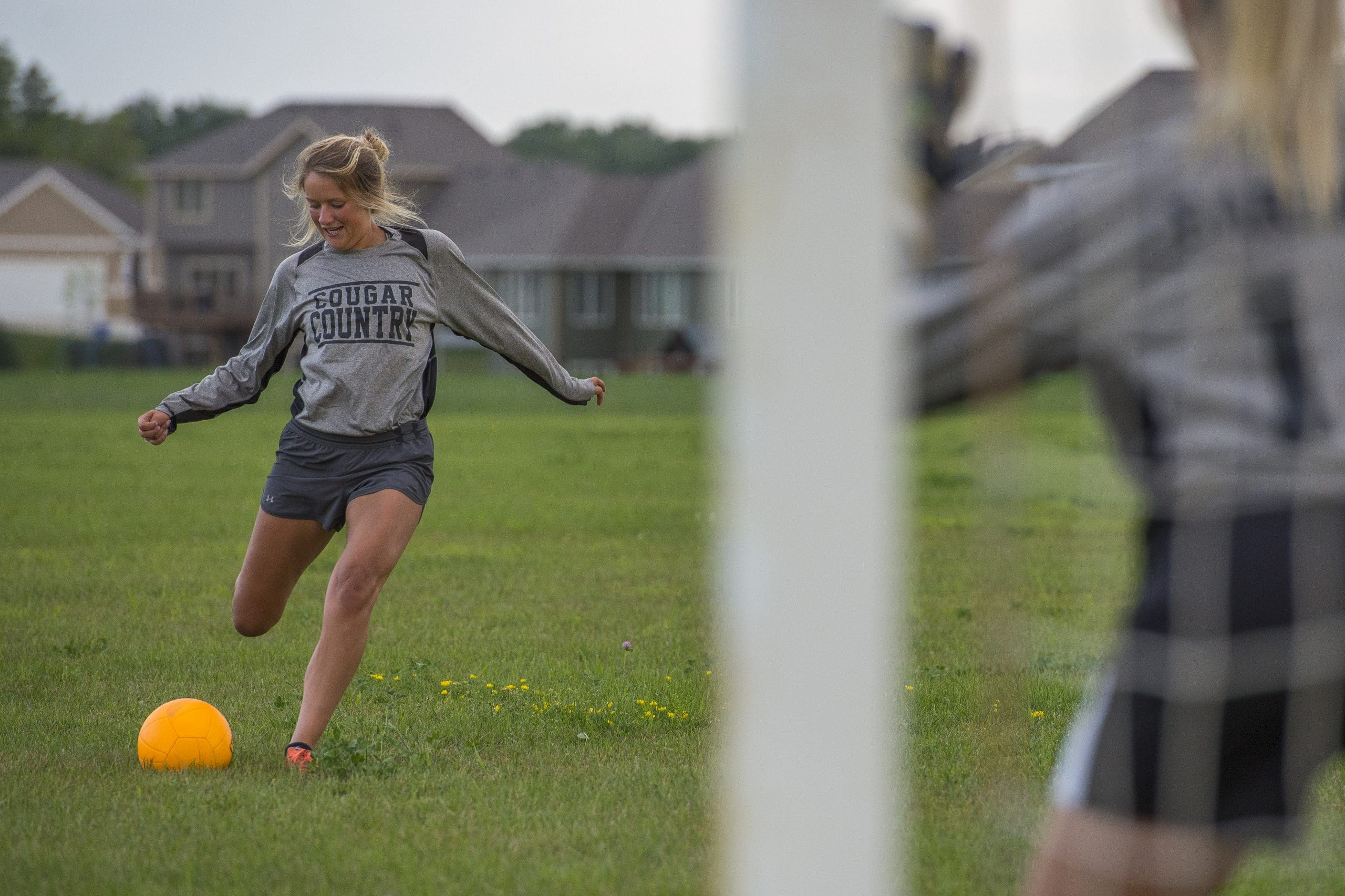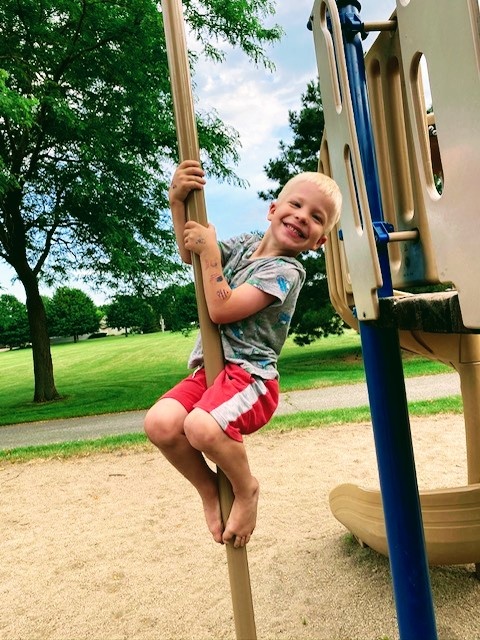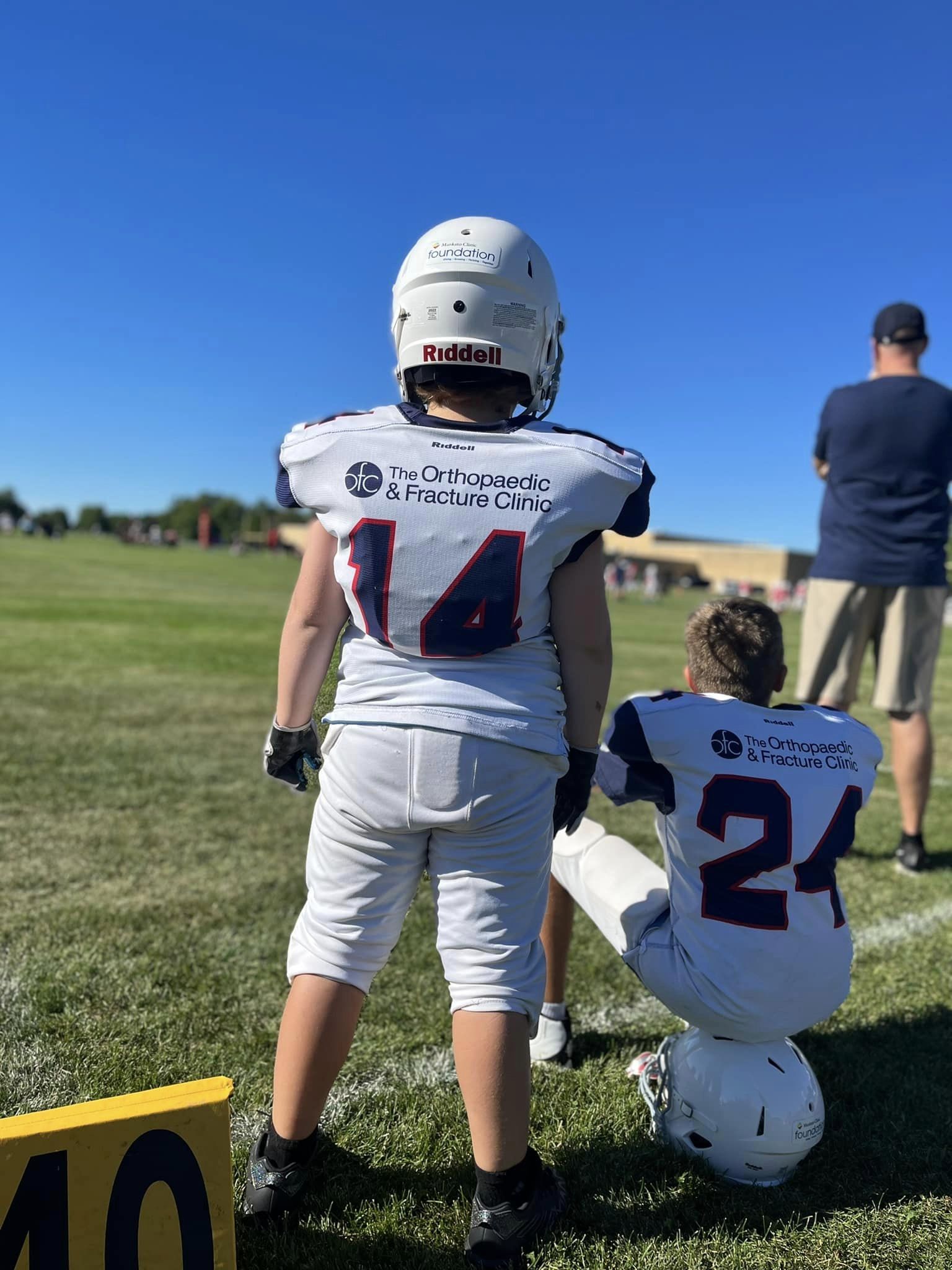Concussion Care
Information and resources for patients and caregivers

What is a concussion?
A concussion is a type of traumatic brain injury. Concussions are caused by a bump or blow to the head. Even a “ding,” “getting your bell rung,” or what seems to be a mild bump or blow to the head can be serious.
You can’t see a concussion. Signs and symptoms of concussion can show up right after the injury or may appear days after the injury. If your child reports any symptoms of concussion, or if you notice the symptoms yourself, seek medical attention right away.

Concussion Facts
A concussion is a brain injury that affects how your child’s brain works.
A concussion is caused by a bump, blow or jolt to the head or body.
A concussion can happen even if they haven’t been knocked out.
If you think your child has a concussion, they should not return to play on the day of the injury and not until a health care professional says they are okay to return to play. It’s better to miss one game than the whole season.
Resources
CDC HEADS UP– Keeping children and teens healthy and safe is always a top priority. Whether you are a parent, youth sports coach, school coach, school professional, or health care provider, this site will help you recognize, respond to, and minimize the risk of concussion or other serious brain injury.
Physical therapy and concussions in children under the age of 12 Pediatric patients with minor head injuriesWhat should I do if I think my child has a concussion?
Don’t Hide It. Report It. Ignoring symptoms and “toughing it out” often makes symptoms worse. Tell your child’s coach and athletic trainer if you think your child may have a concussion. Don’t let anyone pressure them into continuing to practice or play with a concussion.
Get it Checked Out. Only a health care professional can tell if your child has a concussion and when it’s okay to return to play. The sooner they get checked out, the sooner they may be able to safely return to play.
Take Care of Your Brain. A concussion can affect your child’s ability to do schoolwork and other activities. Most athletes with a concussion get better and return to sports, but it is important to rest and give their brain time to heal. A repeat concussion that occurs while your brain is still healing can cause long-term problems that may change your life forever.
What determines outcomes of a concussion?
It is very important that your child have physical and mental rest after a concussion because rest helps the brain to heal.
Help them to accept that it will take time to rebuild their stamina. Only when symptoms have reduced significantly, and with your child’s health care professional’s consultation, should they gradually resume your normal routine.
Sometimes, people find that their symptoms come back or they develop new symptoms. This is a sign that they may doing too much, too soon. Stop these activities and take more time to rest and recover. As the days go by, you can expect them to gradually feel better.
